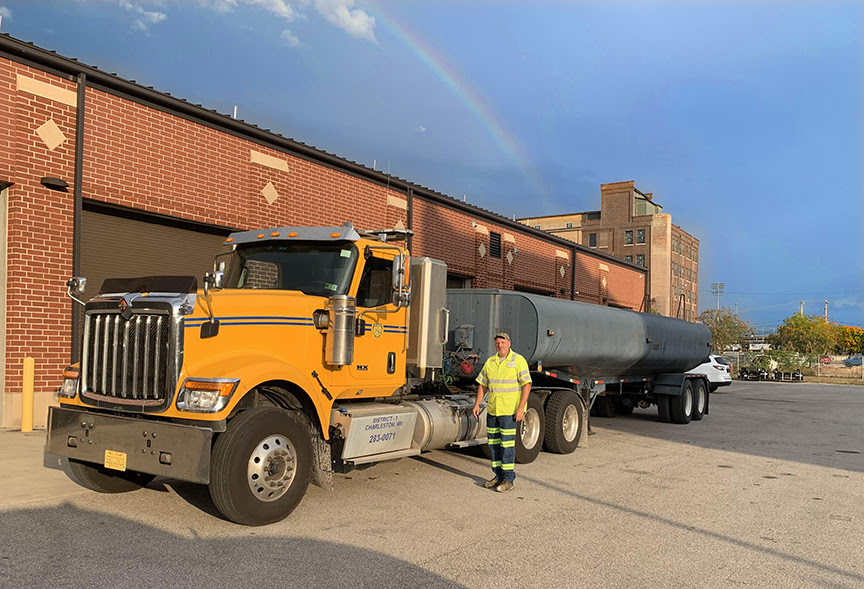The West Virginia Department of Commerce gave the House and Senate Finance committees a presentation Monday morning to explore the state’s competitiveness in attracting businesses.
The Commerce department also asked for a significant increase in its funding. However, that request collided with the reality of the state’s dire budget situation.
The Joint Standing Committee on Finance met in the House Chamber for the Department of Commerce’s informational meeting. The presentation was part of Governor Jim Justice’s Save Our State plan to bring more business and jobs to West Virginia.
The presentation explored ways the state could improve its competitive standing by enhancing infrastructure, building up a stronger workforce, and identifying good site building locations. Presenters also said that so-called Right-to-Work legislation has been a positive factor in attracting some businesses to the state.
But the state’s Right-to-Work legislation has not been fully implemented in West Virginia yet. It’s been challenged in a court case, and deemed unconstitutional by a Kanawha County Judge. The case will likely be decided by the West Virginia Supreme Court.
The Department of Commerce Cabinet Secretary Woody Thrasher says that even though the state is facing a budget shortfall this year, it’s not the time to cut the Commerce Department.
“West Virginia is dead last, and the reason we’re dead last, is a variety of reasons, but relative to the Department of Commerce, it’s because we do not have the tools in our toolbox to attract business specifically, really good sites,” Thrasher said, “I think we’re doing a really good job on workforce training. I think we’ve got a great quality of life, but we are way behind everybody else when it comes to having sites ready.”
Thrasher told lawmakers the Department of Commerce would need at least $35 million in increased funding for improving the state’s business climate, attracting more industry, and for site readiness.
House Finance Vice-Chair Eric Householder, of Berkeley County, says he felt inspired by the presentation, but he says increasing the Department’s budget could be tough.
“Right now, it’s going to be extremely difficult,” Householder said, “Currently we fund Commerce roughly around $10 million a year. It’s a tough budget year, as we all know, and it’s going to be extremely difficult, but we’re gonna do what we can. You gotta keep in mind, we’re trying to get the best return on investment for taxpayers.”
Democratic Delegate Larry Rowe, of Kanawha County, is a member of the House Finance Committee. He says he feels the request from the Commerce Department is a reasonable goal to achieve.
“We’re spending $10 million, and little of that is going to programming, most is going to personnel and expenses, so what I’d like to see us do is define very clearly what that extra money would be for and where it’s going to be spent,” Rowe said.
During the presentation, Cabinet Secretary Thrasher mentioned that by the end of the summer, he and his team hope to rebrand the state by having the Department of Tourism join the Department of Commerce. He also noted how getting the state’s Community Colleges involved more heavily in training the workforce will also be key in getting more industry in the state.
